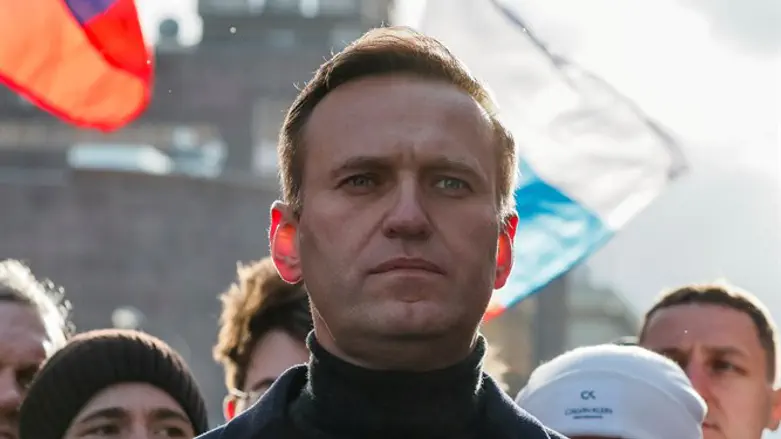
I am not surprised that Amnesty has put its far-left politics above Navalny's defense, regardless of what you think of his case and Russian politics.
There is a photograph of Moazzam Begg, a former detainee in Guantanamo and a supporter of the Taliban, in front of Downing Street, home of the British prime minister, together with the smiling leaders of Amnesty.
The then secretary general of Amnesty, the Italian Claudio Cordone, said that "defensive jihad" is not "antithetical" to the battle for human rights. And he said it in response to a petition on Amnesty's relationship with Cageprisoners, the NGO founded by Begg which is fighting for the release of full-blown jihadists.
The case exploded when Gita Sahgal, head of the gender section of Amnesty, leaked her outburst in the Times, which remained unanswered by the top management of the organization. “The campaign is a threat to human rights itself - wrote Sahgal in an e-mail message to her bosses -. to appear together with the most famous British supporter of the Taliban, treating him as a defender of human rights, is a big mistake ”.
Result? Sahgal is out of Amnesty.
A leading Amnesty executive, Karima Bennoune, author of a book entitled "Your fatwa does not apply here," wrote: "During my years at Amnesty International I shared your concerns about torture in Algeria, but I could not understand the response of the organization to the violence of fundamentalist groups ".
Response? More than anything else - silence.
Amnesty is too busy engaging in its usual anti-Israel crusade.
It is the same Amnesty for which the "hotspots", the centers that host migrants arriving in Italy, seem like concentration camps. This is what we learned from the Amnesty report, which accused Italy of nothing less than "torture" of migrants.
In 2005, Irene Khan, the then secretary of Amnesty, defined the American prison of Guantanamo as "the Gulag of our time". Khan compared Soviet forced labor camps, where millions died of starvation, cold and were executed, to an American military base where no prisoners died and which perhaps prevented hundreds of innocent civilians from being blown up.
The Russian Navalny might say something here. And he can do without the Amnesty candle, which it would be better to call the Amnesia candle.
There was a time when Amnesty defended victims of ideological repression, such as the wife of Soviet writer Boris Pasternak, Olga Ivinskaya, who spent years under arrest. Today Amnesty is blinded by its own anti-Western ideology.